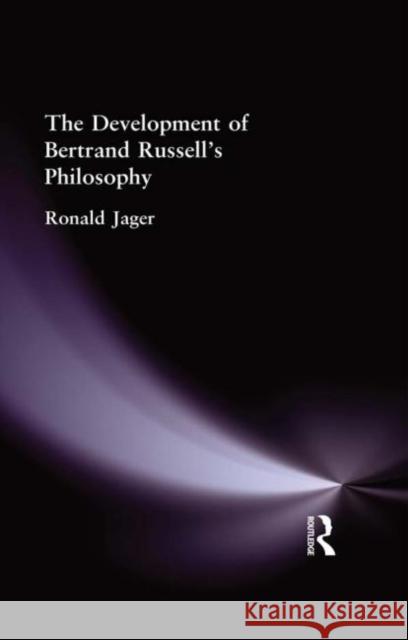The Development of Bertrand Russell's Philosophy » książka
topmenu
The Development of Bertrand Russell's Philosophy
ISBN-13: 9780415295451 / Angielski / Twarda / 2002 / 520 str.
The Development of Bertrand Russell's Philosophy
ISBN-13: 9780415295451 / Angielski / Twarda / 2002 / 520 str.
cena 1077,50
(netto: 1026,19 VAT: 5%)
Najniższa cena z 30 dni: 1007,48
(netto: 1026,19 VAT: 5%)
Najniższa cena z 30 dni: 1007,48
Termin realizacji zamówienia:
ok. 16-18 dni roboczych.
ok. 16-18 dni roboczych.
Darmowa dostawa!
First published in 2002. Routledge is an imprint of Taylor & Francis, an informa company.











